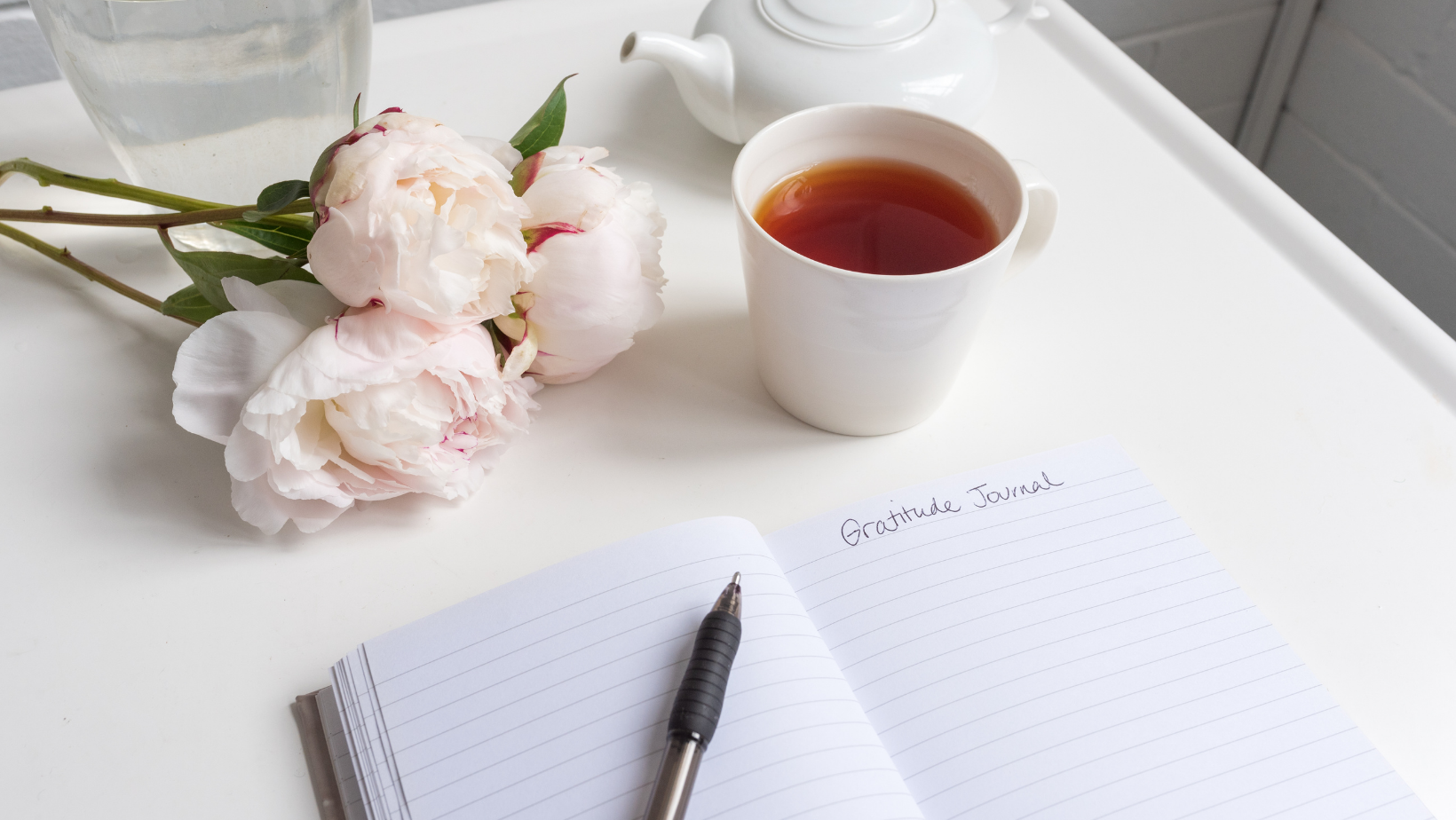Every day about 6,000 different thoughts flicker in our head. We are always in a rush, always trying to do as many things at once as possible. And by the end of the day, we realize that the day has gone and yet nothing important was done, only some minor tasks. The sad regular story, isn’t it? Let’s break out of the routine circle with the help of a journaling.
What types of journals are there?
Journal of Thoughts

Start writing down your thoughts. These can be impressions, desires, reflections on what worries you at the moment, or, on the contrary, what inspires. Make it your daily ritual. You can simply answer three questions to yourself at the end of each day, before going to bed:
- What new things have I learned today?
- What made me happy today?
- What lesson have I learned from today’s events?
Be sure to write down the date the note was made. One day you’ll want to re-read this. You can return to the day that you lived, for example, a month ago, and track your changes in yourself and the world around you. Now, imagine how you’d feel when you read the notes you made a year ago. That was a completely different version of you. It helps you see how much you grow and change!
Journal of Goals
“Goals should be clear, simple, and written down on paper. If they are not written down on paper and you review them every day, these are not goals. These are wishes” Robert Kiyosaki said.
Try to take this advice and write down your goals and break them down into specific steps to achieve. Set yourself realistic deadlines for completing the assigned tasks and you will see how fast you will start to move towards your goals.
Journal of Plans
Planning is another good habit that will have a positive effect on your level of productivity. Write down all the things you need to do in order of priority (based on the goals you have set) every evening or early morning of the upcoming day. This will help you to keep the focus on the actions you need to take. Also, don’t forget to analyze the work you’ve done and draw reasonable conclusions, meaning, when you have bad days (which happens to all of us) you don’t need to be mad at yourself, just think about why the productivity was low and how to change it. Choose reasonable conclusions over self-hatred.
Gratitude Journal

People who keep a diary of gratitude stay longer in a good mood because they know the value of their day. Thank yourself for exercising today, the barista for making incredibly delicious coffee, the passer-by for smiling at you, and the world for bringing such a beautiful day! Pay attention to details, develop a sense of gratitude for the smallest events, and your life will never be the same.
Dream Journal
Keeping a journal like this is quite interesting. It is known that brain activity does not stop while you sleep, and dreams are sort of a conversation between our subconscious and consciousness. You do know dreams are a source of inspiration, don’t you? The famous Salvador Dali, before falling asleep, held something heavy in his hands. Once he has fallen asleep and the object was dropped, Dali would wake up from the noise and immediately make sketches of what he saw in a dream.
Many famous world figures drew their brilliant ideas from dreams. Try it yourself — after waking up in the morning, write down what you dreamed about last night and how you feel about it, down to the details. After rereading your notes, you reproduce it in your head, while many other people who do not take notes about dreams forget their plot within 2-3 minutes after waking up. And maybe you’ll find some interesting ideas.
How to keep a journal
- First, decide which journal you want to keep. You can choose any of the above, or even come up with your own journal that suits your needs.
- Next, start writing without editing. Remember that what you write should not be a literary masterpiece, but simply your thoughts. Write what you really think and how you feel. Write even with mistakes, when emotions want to splash out this very minute and your fingers cannot be stopped. There are no rules here.
- Mark the date of the note and the place where you decided to express your thoughts. Track where the inspiration for this activity comes to you the most.
- Get in the habit of keeping a journal everyday.

Keeping a journal is a great way to organize yourself and keep track of your productivity as you complete tasks. However, let’s take care of our planet and don’t forget about environmental friendliness — make a choice in favor of an electronic journal instead of a paper one. Especially when we have such a large selection of electronic assistants, from simple notes on the phone to special apps.
Develop the habit of expressing your thoughts, notice the good around you, learn more about yourself, and achieve the highest results!

